Steve Coll's book recommendations
The Pulitzer Prize–winning author and dean of Columbia University's journalism school recommends books by Neil Sheehan, Doris Lessing, and more

A free daily email with the biggest news stories of the day – and the best features from TheWeek.com
You are now subscribed
Your newsletter sign-up was successful
Steve Coll is a Pulitzer Prize–winning author and reporter and the dean of Columbia University's journalism school. Directorate S, his account of America's post-9/11 wars in Afghanistan and Pakistan, is a finalist for the National Book Critics Circle Award.
Homage to Catalonia by George Orwell (1938).
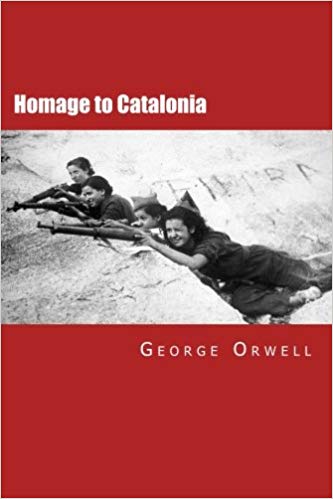
Orwell's memoir about his experience fighting in the Spanish Civil War is just as essential as Animal Farm and 1984. His accounts of the men he fought with and of the dismal battlefields west of Barcelona are as vivid and unsentimental as the rest of his writing. But it is Orwell's intellectual independence and his clarity about the war's politics that have made this a very influential volume for journalists.
The Week
Escape your echo chamber. Get the facts behind the news, plus analysis from multiple perspectives.

Sign up for The Week's Free Newsletters
From our morning news briefing to a weekly Good News Newsletter, get the best of The Week delivered directly to your inbox.
From our morning news briefing to a weekly Good News Newsletter, get the best of The Week delivered directly to your inbox.
A Bright Shining Lie by Neil Sheehan (1988).
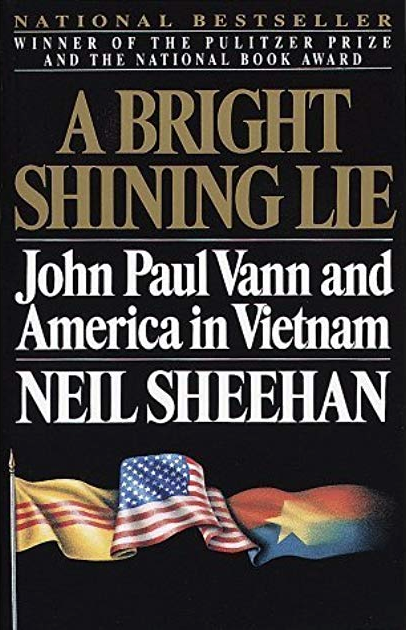
Of all the great narrative nonfiction that emerged from the tumult of the 1960s and '70s in America, this is perhaps the greatest. Sheehan covered the Vietnam War as a front-line reporter. Afterward, he reinvestigated a corruption-fighting lieutenant colonel he had spent time with, and produced this epic of American disillusionment, deception, and failure in Southeast Asia.
Stilwell and the American Experience in China, 1911–1945 by Barbara W. Tuchman (1971).
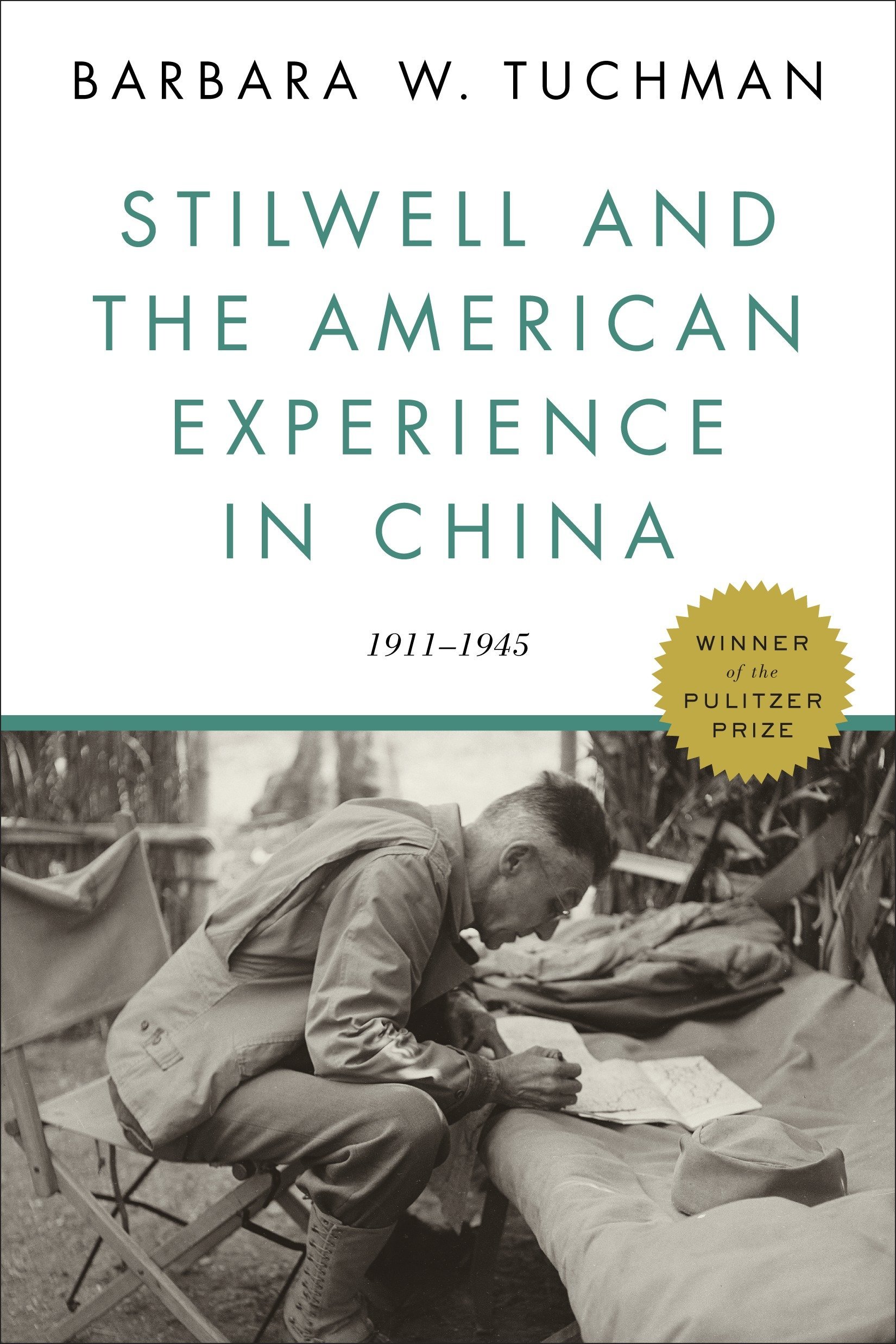
Like Sheehan's masterpiece, this book uses the experiences of one man to narrate a larger story, as U.S. Army Gen. "Vinegar Joe" Stilwell becomes our window on China's early-20th-century traumas and America's role in them. Tuchman remains influential because of her mastery of complex narrative; I envy and still study her methods.
A free daily email with the biggest news stories of the day – and the best features from TheWeek.com
Our Man in Havana by Graham Greene (1958).
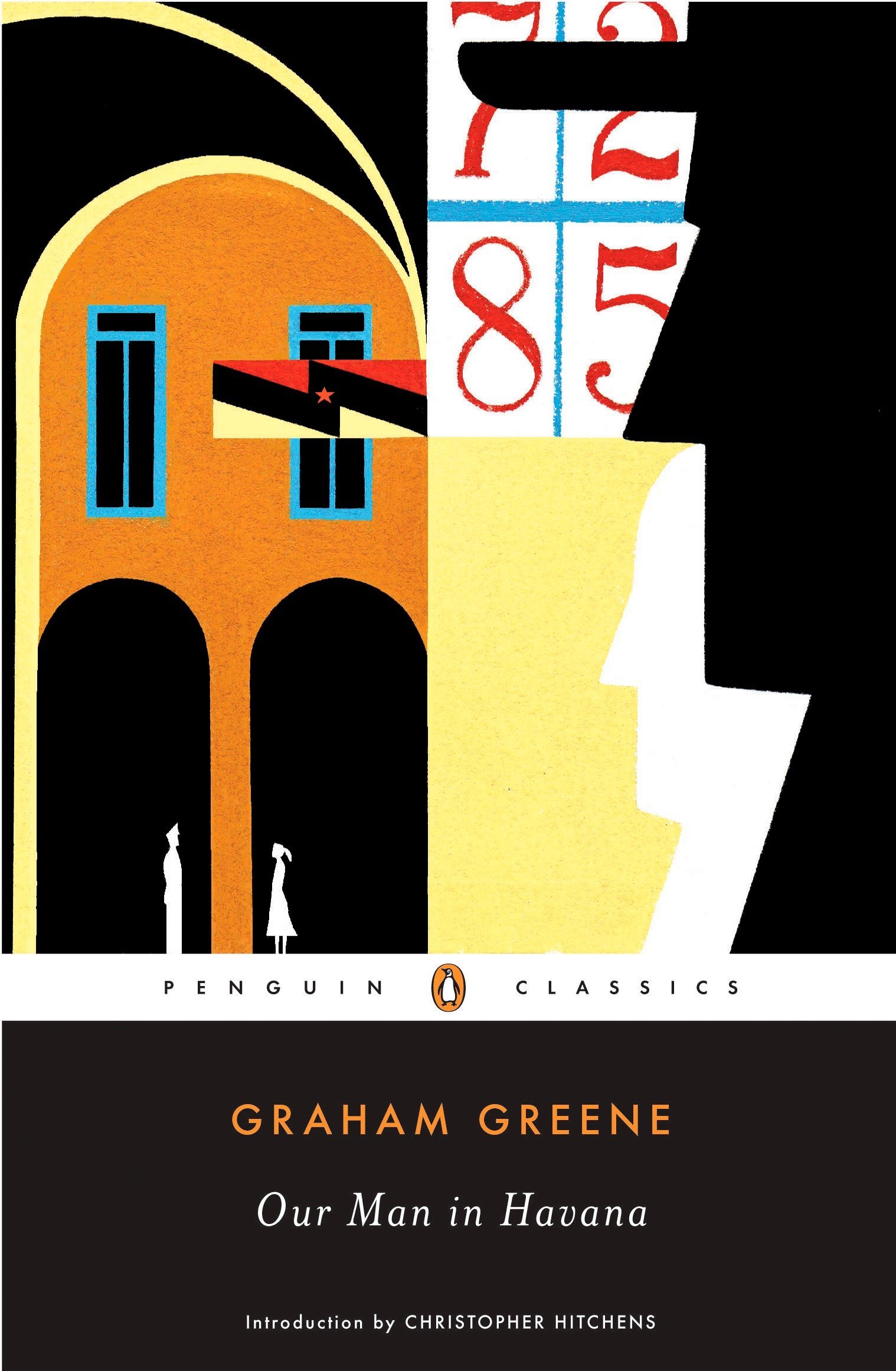
He may be an acquired taste, and a creature of his class and times, but Greene is also moving and spiritual. While his best serious novels are superb, this satirical novel about a fraudulent Cold War spy anticipated all sorts of fiction, film, and television to come. It's also very funny.
The Good Terrorist by Doris Lessing (1985).
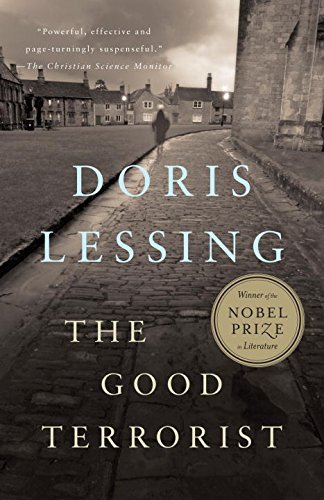
This taut psychological novel about young would-be violent revolutionaries may be the most sophisticated work of political fiction published in English during this recent age of terrorism. It's another unduly neglected work by a master.
Shame by Salman Rushdie (1983).
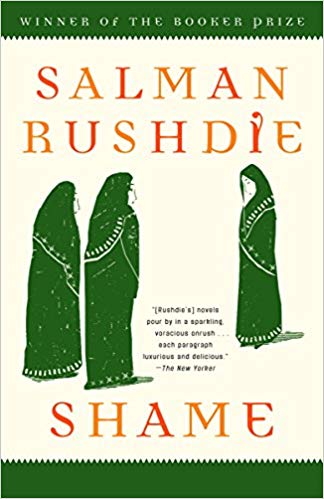
For anyone who has lived or worked in South Asia, this novel about a country closely resembling Pakistan remains dazzling and fully persuasive. Rushdie has written several great novels that play with history and politics, but this for me is the most fully realized.
-
 Antonia Romeo and Whitehall’s women problem
Antonia Romeo and Whitehall’s women problemThe Explainer Before her appointment as cabinet secretary, commentators said hostile briefings and vetting concerns were evidence of ‘sexist, misogynistic culture’ in No. 10
-
 Local elections 2026: where are they and who is expected to win?
Local elections 2026: where are they and who is expected to win?The Explainer Labour is braced for heavy losses and U-turn on postponing some council elections hasn’t helped the party’s prospects
-
 6 of the world’s most accessible destinations
6 of the world’s most accessible destinationsThe Week Recommends Experience all of Berlin, Singapore and Sydney